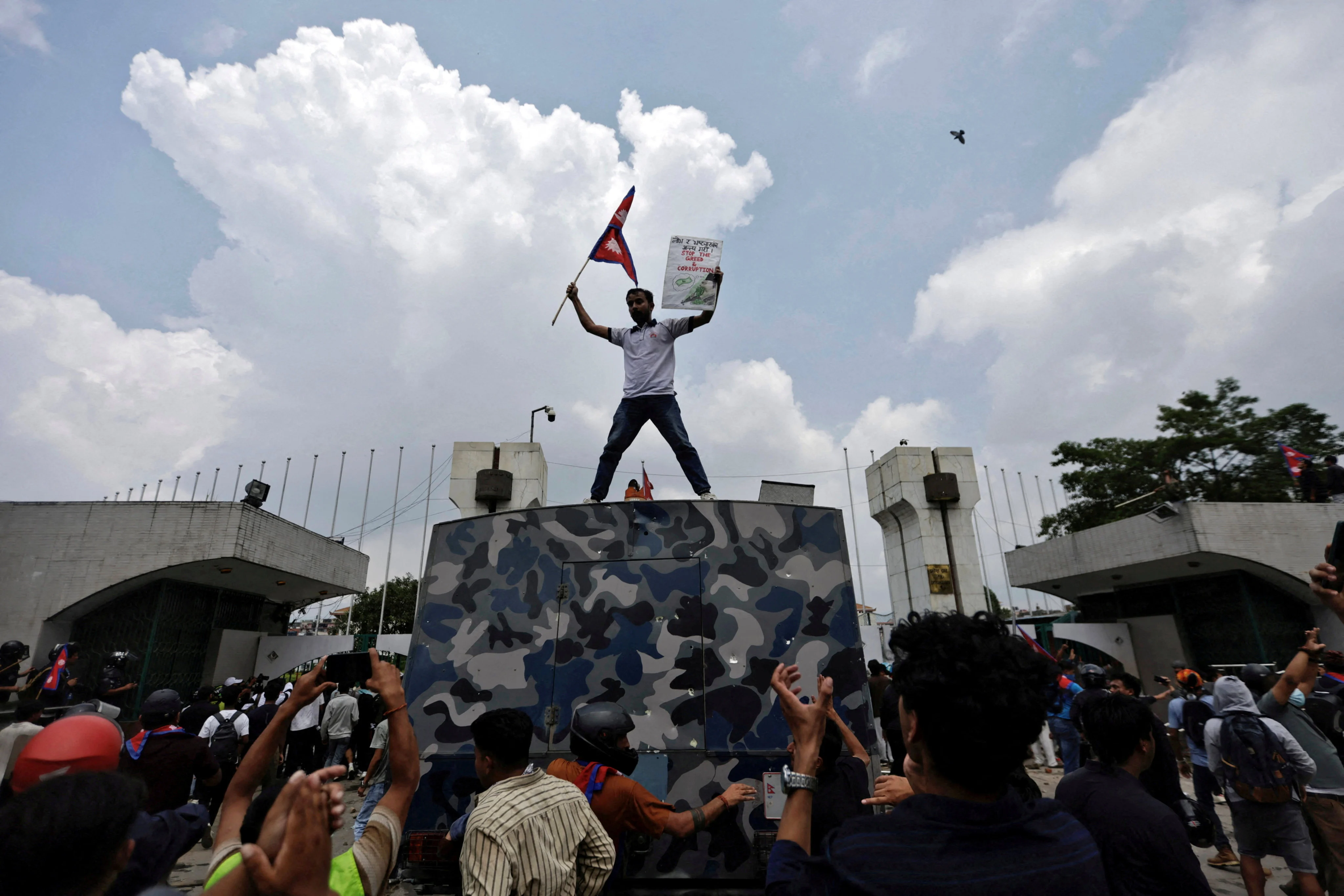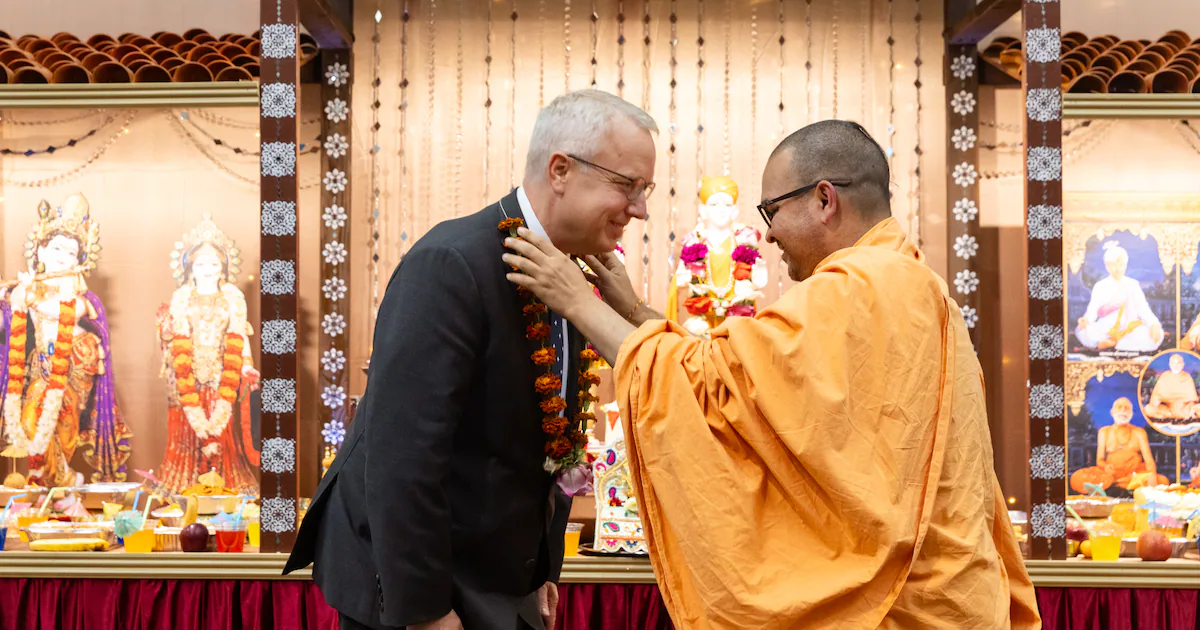By Bibek Bhandari
Copyright scmp

The streets of Kathmandu have quieted, but the echoes of angry young voices still reverberate through Nepal.
Three weeks after Gen Z-led protests swept away the South Asian nation’s government, the new interim prime minister, Sushila Karki, faces a daunting challenge: channelling the anger of a disillusioned youth movement into lasting institutional reform while contending with constitutional constraints and the lingering grip of old elites.
Karki, a former chief justice and anti-corruption crusader, was propelled to high office having been endorsed by Gen Z activists in a series of online polls hosted on online chat platform Discord.
She has vowed to investigate entrenched corruption and the killings that occurred during this month’s uprising, which left more than 70 dead after police opened fire on unarmed protesters. But the expectations are immense – and the clock is ticking.
Everyone is in a revenge mood right
Sajana Maharjan Amatya, Nepali governance expert
For decades, Nepalis have watched promises of reform dissolve into political gamesmanship, corruption and inertia.
This month’s protests were the culmination of years of frustration among young people who felt their futures had been mortgaged by leaders more interested in self-preservation than public service – mirroring earlier waves of youth-driven dissent across Asia, from Sri Lanka and Bangladesh to Indonesia.
Many of Nepal’s Gen Z activists are calling for a directly elected prime minister, rather than the current practice of parliamentary selection, and for the abolition of a federal system that they regard as a corrupt and inefficient relic.
Karki, in a televised address last week, pledged to pursue any such reforms “through constitutional means” after an election set for March 5 next year. But analysts warn that both time and public patience are in short supply.
“The Gen Z movement has put forward its demands, but they do not understand the practicalities of how to achieve them,” said Sajana Maharjan Amatya, an independent governance expert, noting that advocating for discussions with political parties had “become an unpopular opinion”.
“This is the government that has the trust and the confidence of Gen Zs, so it should help them understand the importance of continuous dialogue in a democracy.”
Demands for justice
Nepal’s recent history has been punctuated by revolts and dashed hopes. Each time, the promise of change gave way to bitter disillusionment, as unemployment soared and corruption festered.
This time, the anger is sharper and the demands are more explicit. The youth want not just new leaders but a new political culture.
Since taking office, Karki has moved rapidly to distance herself from the old guard. Her cabinet features figures with reputations for integrity: an advocate, a journalist, a former finance secretary, a social entrepreneur and a civil servant famed for ending Nepal’s notorious rolling blackouts.
Within days, they had announced a judicial committee to investigate this month’s police shootings and arson attacks.
On Sunday, the committee recommended barring former prime minister K.P. Sharma Oli, his home minister Ramesh Lekhak and three other senior officials from leaving Kathmandu or travelling abroad, pending further investigations.
“Everyone is in a revenge mood right now, but an investigation of this nature needs time, or it will not succeed,” Maharjan Amatya said.
Survivors of past state violence, whether from the Maoist insurgency or 2015’s deadly protests in Madhesh province, are still waiting for justice.
Battling the old guard
Karki’s government has slashed extravagant public spending, set up hotlines and email channels for citizens to report corruption and promised to reopen high-profile cases that had long been stymied by political interference.
Interim Home Minister Om Prakash Aryal on Friday promised a “breakthrough” as investigators revisit scandals that flourished under Oli’s administration, from land scams to bribery cases.
“We can see that the government is trying to gain public trust through its initiatives and the faces you see in the cabinet are the ones who have already earned people’s trust,” said Dipak Bahadur Adhikari, who heads governance and anti-corruption studies at Tribhuvan University in Kathmandu.
“Before, when corruption cases would be opened, parties used to unite to oppose it, but now that’s not happening. So, we will be seeing its impact, even if partially, within this government’s tenure.”
The old elite does not look set to go quietly, however. Oli, 73, has shown no remorse for the crackdown on this month’s unrest. Sher Bahadur Deuba, 79, has resisted calls to resign as leader of the Nepali Congress, despite being physically assaulted during the protests.
Meanwhile, Pushpa Kamal Dahal, 70, has declared himself “just a coordinator” of the Communist Party of Nepal (Maoist Centre) rather than its chair – though few know exactly what that means.
“If the same party leaders emerge in the coming election, their party is going to pay a huge price,” Adhikari said. “People won’t trust them any more if there is no change in leadership.”
Both online and on the street, the mood is unforgiving. On political rating platform RateMyNeta, none of the old guard enjoys an approval rating above 10 per cent.
I don’t think I’ll go vote if it’s the same old leaders
Dinesh Budhathoki, Nepali taxi driver
“I don’t think I’ll go vote if it’s the same old leaders,” said Dinesh Budhathoki, a taxi driver from Dolakha, about 175km (110 miles) from Kathmandu.
“But if there are new people from new parties, there might be a change. Otherwise, I’m not hopeful.”
Many Nepalis are looking to younger figures such as former MP Sumana Shrestha, who quit her political party over its internal culture, and Kathmandu’s charismatic mayor Balen Shah to contest the coming poll.
While no formal Gen Z party has yet emerged, analysts predict that independent and youth-backed candidates could reshape Nepal’s political landscape.
“We have short-term memory, but we should not forget when we vote,” Maharjan Amatya said.
“The upcoming generation is not happy with the current status quo and they’re ready to revolt. It’s the right opportunity for us to continue the spark that they have lit.”
The future of Nepal now rests on whether its youngest citizens can turn a moment of uprising into a new chapter of accountability – and whether those in power will dare to meet them there.



